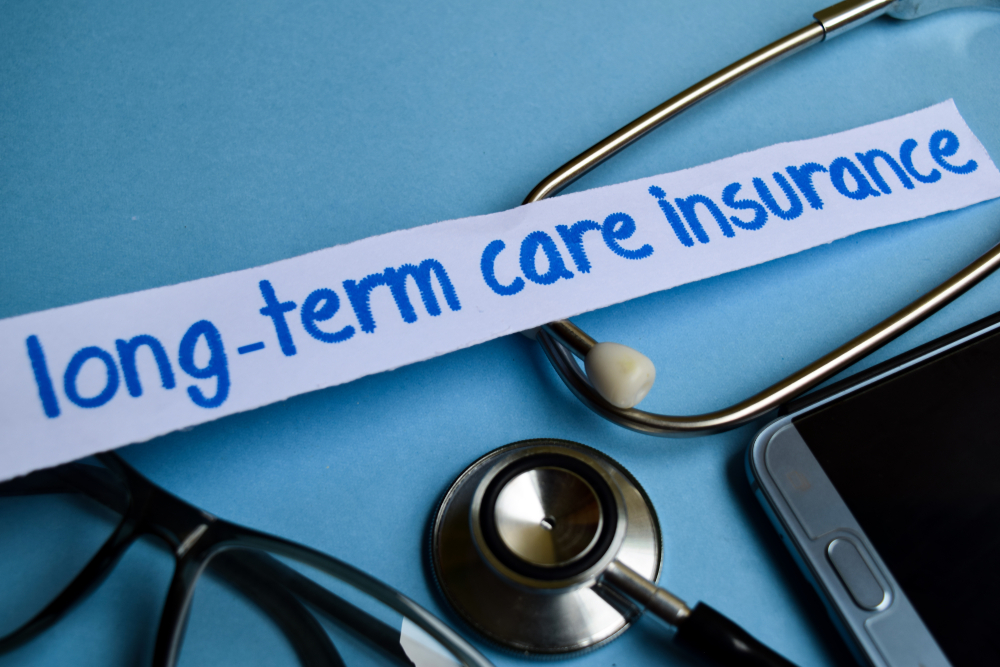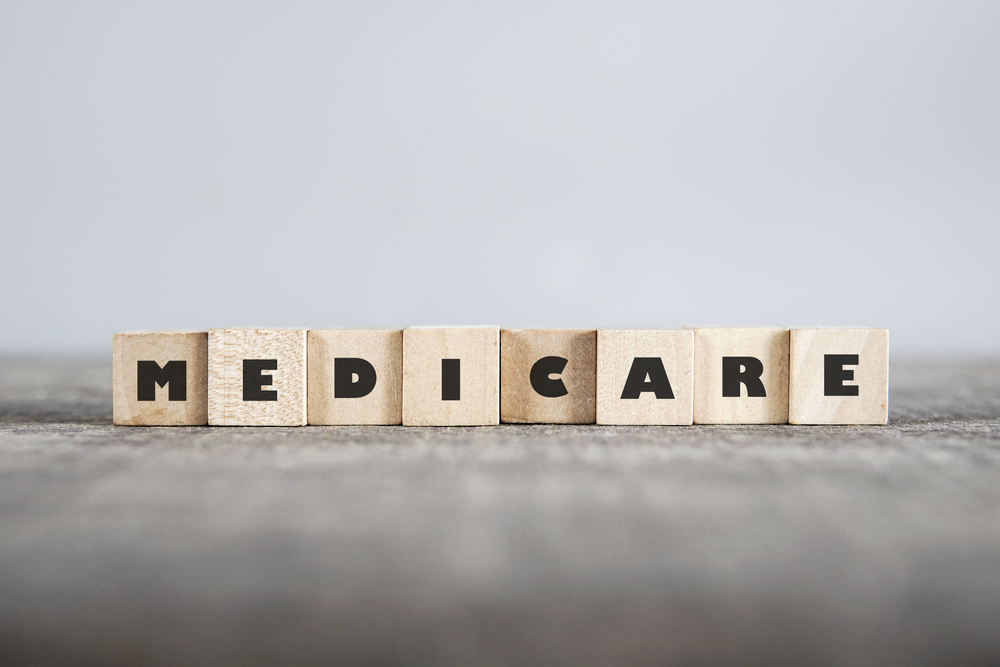According to U.S. Census Bureau estimates, the number of Americans age 65 and older will…

Preparing a Quality End of Life Plan
The records conveying your final wishes for care and asset management are called powers-of-attorney documents, and these entrust an appointed person to act on your behalf when you are no longer able to.
But when it comes to actually using those documents at the time of a healthcare crisis, clear and powerful documents are just the beginning. The decision points can (and must) be put down on paper in advance, but when it comes to end-of-life situations, the clarity on which we lawyers thrive can be very hard to find.
Sitting in her lawyer’s office, the client may have been quite certain about health-care decisions. She does not want her life prolonged by a battery of aggressive treatments, where these would not preserve her quality of life. She does not want blood transfusions, dialysis, repeated courses of antibiotics and chemotherapy, cardiopulmonary resuscitation, or breathing and feeding tubes. She does not want to die inert in the ICU, surrounded by machines and strangers. She wants to die at home, surrounded by loved ones, at a time when she retains the presence of mind to make her peace.
But that goal doesn’t just happen from wishing it and stating it. It happens with additional careful preparation for the realities. As the end of life approaches, the clarity we lawyers enjoy can be elusive. When a person gets a prognosis of two to five years (maybe), where, along that continuum, would be the time to start declining aggressive treatment? When there’s always one more intervention that may (or may not) produce a good result? When one decision could create an ever-widening array of complications? When, step by step, the patient becomes less and less able to exercise autonomy, and where treatment decisions by caregivers are not in line with the care the patient was clear about when she was sitting in the lawyer’s office?
No matter how clear the powers-of-attorney documents, with all these imponderables, the patient can end up in a situation many miles away from what she wanted. And there’s no possible do-over.
Powerful and clear power-of-attorney documents are an essential first step and we lawyers are glad to take care of that part. Beyond that, though, thorough preparation is essential.
Consider that the best result may be one that cares for comfort right now, in the moment. The question is not necessarily about how long life can be prolonged. The question may be, rather, how comfort can be maintained – in this moment, and then the next moment, and the next. The question is how life can be made better right now. Watch a video by palliative-care physician B.J. Miller, on why this is so important, here.
https://www.ted.com/talks/bj_miller_what_really_matters_at_the_end_of_life?language=en#t-81082
Make concrete plans. These include specifying what you want to happen if you’re no longer able to live independently; choosing wisely whom you want to act for you, to make sure your plans will be followed; being ready with your health-care documents before you find yourself deposited in the emergency room or ICU; and seeking the reassurance that your loved ones will be cared for when you’re no longer there. Judy MacDonald Johnson has prepared simple, forthright worksheets to help with this process, here. She speaks about these worksheets in this moving video.
There is no doubt that the process of safeguarding the quality of life at the end of it is possibly the most challenging of all. But if that process can create as much pleasure as possible through an extremely difficult time of life, and if forthrightly engaging in that process would facilitate a passing more in line with what we would envision, the worth of the process will be felt. The transition will be smoother and more meaningful for the dying person, and a kinder legacy will be left behind for those who accompany us on this journey.
Please don’t hesitate to reach out if we can help you or a loved one with a health care plan. Contact us at (321) 729-0087.



